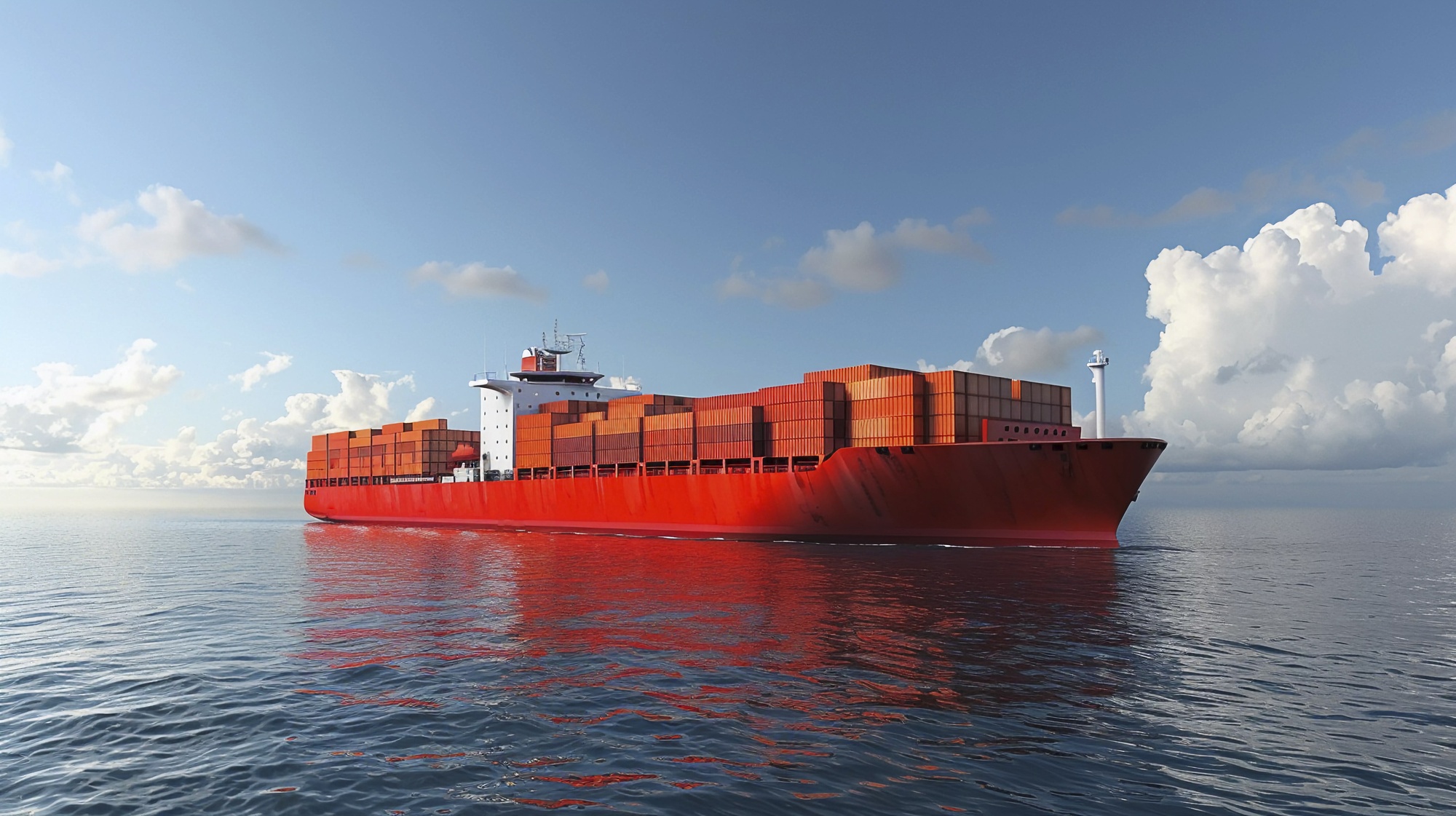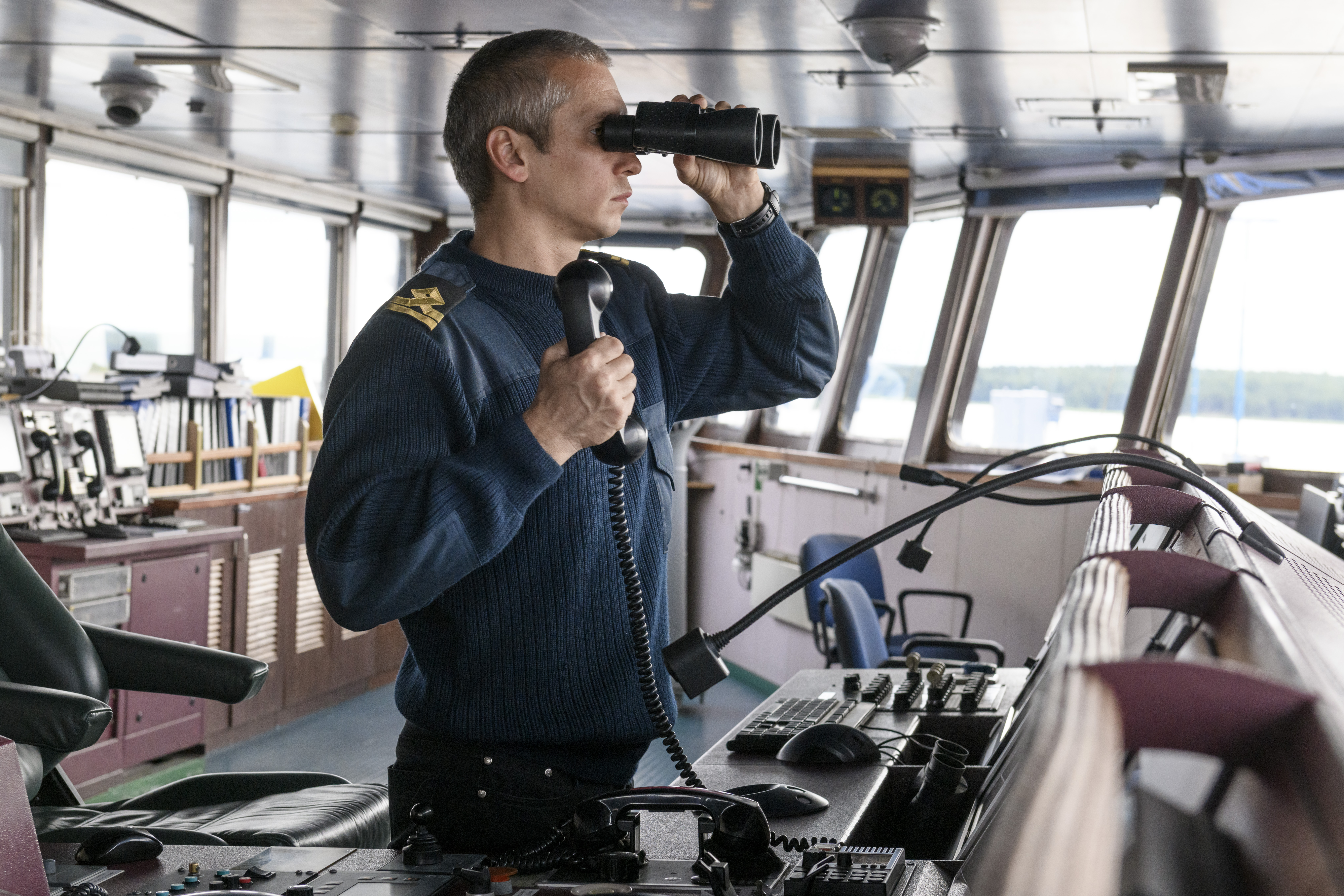The most effective form of discipline is self-discipline, which in turn springs from a responsible attitude to the
job, whatever it may be, concern for the efficient operation of the ship and for the comfort and convenience of
fellow crew members.
Orders must be given and obeyed if a ship
At is to operate safely and efficiently. Co-operation cannot be imposed
but will normally be readily forthcoming. At the same time, wilful or repeated refusal to comply with
reasonable orders or other anti-social behaviour must be expected to have certain consequences.
An important factor in securing co-operation, which cannot be too strongly stressed, is good communications.
This applies both to communications between the office and the ship and to communications within the ship
itself. If all concerned are kept as fully informed as possible about Ship Manager’s policies and objectives, and can
be made to feel that they have a personal stake in the successful outcome of the voyage upon which they are
engaged, co-operation and harmony will be much more readily assured.
Disciplinary procedures are designed to emphasize and encourage improvement in an individual’s conduct and
performance as well as to ensure the safe and efficient operation of the vessel.
The following guidelines should be read in conjunction with disciplinary procedures embodied in the terms
and conditions of employment for a particular nationality and the relevant flag state requirements.
Conduct in Emergencies
In any emergency or other situation in which the safety of the ship, or any person onboard, whether
crew or passengers, is at stake, the Master, and Officers are entitled to look for immediate and
unquestioning obedience of orders. There can be no exception to this rule. Failure to comply will
be treated as among the most serious of breaches of this Code and will lead to the offender’s
dismissal from the ship and the Company. It may also warrant prosecution under the provisions of
some Merchant Shipping Acts.
6.1.2 Conduct in Situations other than Emergencies
Emergencies are fortunately rare and this Code is primarily concerned with the day-to-day situation
onboard. It should be borne in mind however, that certain acts of misconduct (e.g. absence due to
alcoholic drinking) could have the effect of causing a state of emergency. The following are some
general rules for everyday conduct:
PUNCTUALITY
Is very important both for the efficient operation of the ship and to avoid putting extra
work on shipmates during lng fleet vacancies. This is true of joining the vessel at the time, returning from shore
leave, reporting for watchkeeping duty, and all other work. Absence at the time of sailing
in particular may seriously delay the ship or even prevent her sailing until a replacement
is found.
ALCOHOL / DRUGS
The Company policy on alcohol and drugs must be strictly adhered to at all times.
BRINGING UNAUTHORISED PERSONS ONBOARD
The ship’s rules or port authority’s restrictions on bringing unauthorised persons onboard
must be strictly observed.
OFFENSIVE WEAPONS
These must not be brought on board.
SMOKING IN PROHIBITED AREAS
Smoking in prohibited areas is dangerous on any ship but particularly on tankers and vessels
carrying explosive or flammable materials. The ship’s rules controlling smoking and the use of
naked lights or non-approved electric torches must be scrupulously obeyed.
DUTIES
Every crewmember is to carry out his duties efficiently to the best of his abilities. He is entitled
to be informed clearly what his duties are, and to whom he is responsible for carrying them out.
If he is in doubt he is to ask. Within the scope of his duties reasonable commands and
instructions must be obeyed.
BEHAVIOUR TOWARDS OTHERS
Anti-social behaviour can cause a Seafarer to become a nuisance to others onboard and in
extreme circumstances can hazard the ship and her crew. This can include such behaviour as
causing excessive noise, abusive language, aggressive attitudes and offensive personal habits.
The fact that some need to sleep while the others are awake should also be borne in mind.
BRIBERY
The company policy is that we will never encourage, condone or approve any form of bribery or
corruption. This is perfectly clear, and any member of Ship Manager shore or sea staff will be
dismissed if found to be guilty of this type of offence.




